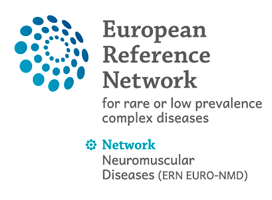19 Nov 2020
Reliability and agreement of a dynamic quadriceps incremental test for the assessment of neuromuscular function
Authors:
Giorgio Varesco, Nicolas Royer, Benjamin Singh, Audrey Parent, Léonard Féasson, Thomas Lapole, Guillaume Y Millet and Vianney Rozand
Abstract
The quadriceps-intermittent-fatigue (QIF) test assesses knee extensors strength, endurance and performance fatigability in isometric condition. We aimed to assess reliability and agreement for this test in dynamic conditions and with the use of transcranial magnetic stimulation. On two separate sessions, 20 young adults (25±4 yr, 10 women) performed stages of 100 knee extensors concentric contractions at 120°/s (60° range-of-motion) with 10% increments of the initial maximal concentric torque until exhaustion. Performance fatigability across the test was quantified as maximal isometric and concentric torque loss, and its mechanisms were investigated through the responses to transcranial magnetic and electrical stimulations. Reliability and agreement were assessed using ANOVAs, coefficients of variation (CVs) and intra-class correlation coefficients (ICCs) with 95% CI. Good inter-session reliability and high agreement were found for number of contractions [489±75 vs. 503±95; P=0.20; ICC=0.85 (0.66; 0.94); CV=5% (3; 7)] and total work [11,285±4,932 vs. 11,792±5,838 Nm.s; P=0.20; ICC=0.95 (0.87; 0.98); CV=8% (5; 11)]. Poor reliability but high agreement were observed for isometric [-33±6 vs. -31±7%; P=0.13; ICC=0.47 (0.05; 0.75); CV=6% (4;8)] and concentric [-20±11% vs. -19±9%; P=0.82; ICC=0.26 (-0.22; 0.63); CV=9% (6; 12)] torque loss. The dynamic QIF test represents a promising tool for neuromuscular evaluation in isokinetic mode.

